German authorities on Tuesday said they had arrested an aide to Maximilian Krah, a member of the European Parliament for the AfD and the party’s top candidate for June’s EU elections, on suspicion of spying for China.
Krah, who was summoned by the party to Berlin, would not attend a key event this weekend officially starting its EU vote race “so as not to damage the election campaign and the standing of the party”, said the AfD’s leaders Alice Weidel and Tino Chrupalla.
“But I am and remain the leading candidate” in the vote, Krah said.
German media reported that the party will remove Krah from campaign posters and videos, while keeping him on its list of candidates.
After riding high in polls at the turn of the year, the AfD has seen support hammered by a series of scandals.
The spying claims come on top of other recent allegations that Krah has links to Russia, piling pressure on the AfD seven weeks before the EU elections and ahead of key regional polls in Germany in September.
READ ALSO: Aide to German far-right MEP arrested on suspicion of spying for China
Towards the end of 2023, the party was polling at around 22 percent — ahead of Chancellor Olaf Scholz’s Social Democrats (SPD) and second only to the main opposition conservatives.
But one survey this week put it on 16 percent.
‘Descending into chaos’
In January, an investigation by media group Correctiv indicated members of the AfD had discussed the idea of mass deportations at a meeting with extremists, leading to a wave of protests across the country.
More recently, Krah and another AfD candidate for the EU elections, Petr Bystron, have been forced to deny allegations they accepted money to spread pro-Russian positions on a Moscow-financed news website.
READ ALSO: Germany’s far-right AfD denies plan to expel ‘non-assimilated foreigners’
And Bjoern Höcke, one of the AfD’s most controversial politicians and the head of the party in Thuringia state, is currently on trial in Germany for publicly using a banned Nazi slogan.
Dirk Wiese, a senior politician for the SPD, told the Rheinische Post newspaper the AfD was “descending into chaos”.
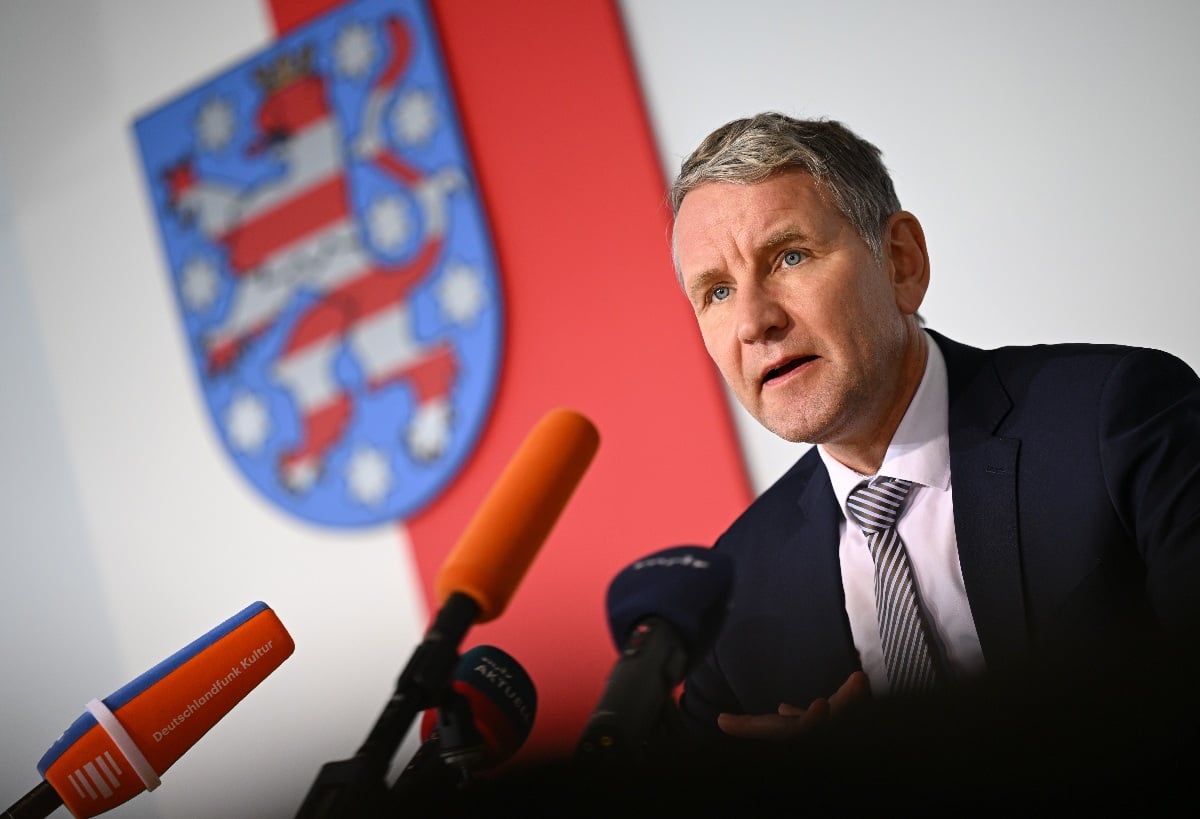
“First the allegations of sleazy money payments from the Kremlin, now suspected espionage for China… What’s next, North Korea?” he said.
The AfD’s parliamentary group chief Bernd Baumann slammed the China spying claims as “politically motivated” and put them down to “dirty” electioneering.
“We have become pretty hardened when it comes to accusations, especially in pre-election and election campaign times,” he said, blaming “suspicious reporting” for many of the claims.
Asked about the alleged links to Russia, AfD co-leader Chrupalla said that “as long as no evidence and proof is put on the table, we cannot react”.
Chrupalla also remained reticent on the China issue, stressing that no charges had been brought and the party leadership would “wait and see” how the case develops before coming to any conclusions.
End of an era?
But despite the attempts at damage limitation, experts say the scandals could have a profound effect on the AfD’s chances in this year’s elections.
“The party is not managing to go on the offensive at the moment,” said Wolfgang Schröder, a political analyst from the University of Kassel.
“The AfD is allowing itself to be cornered rather than setting the issues itself,” he said.
Hajo Funke, a political analyst who specialises in the far right, said the tide has turned for the AfD after its period of success last year.
“Overall, I believe that the great era of ‘we are doing better and better’ has come to an end,” he told AFP.
The AfD is currently still polling neck-and-neck with the SPD at the national level and in first place in Brandenburg, Saxony and Thuringia, all holding regional polls in September.
READ ALSO: Scandals rock German far right but party faithfuls unmoved
But Funke said support for the party has “fallen considerably in some cases” because of the scandals.
Especially if the China and Russia allegations are proven, it “will have consequences for the attractiveness of the AfD in the European elections”, he predicted.
By Femke Colborne

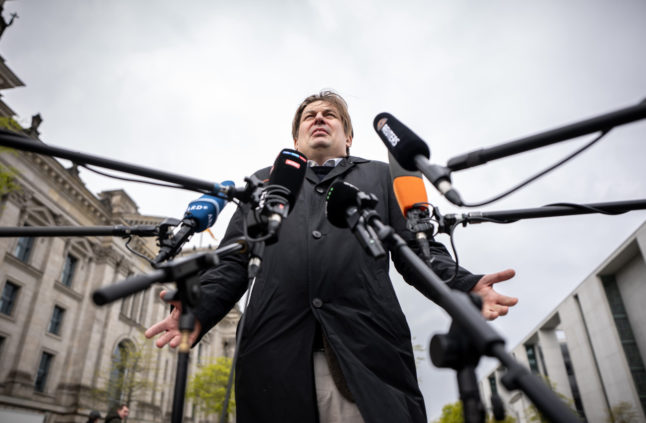
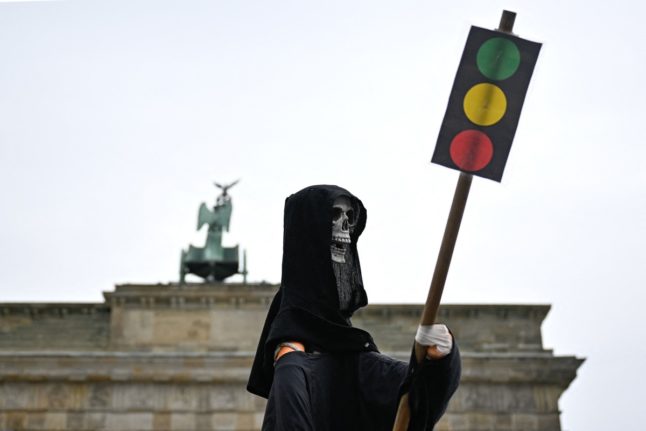
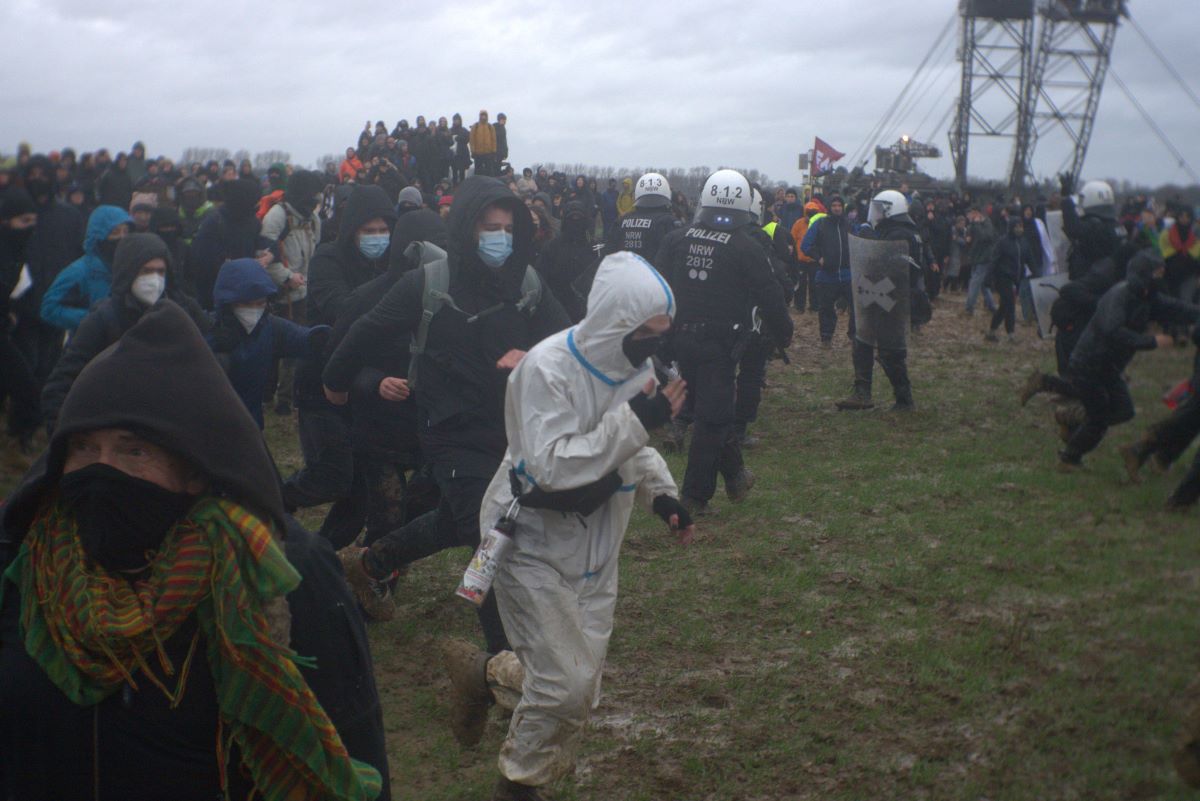
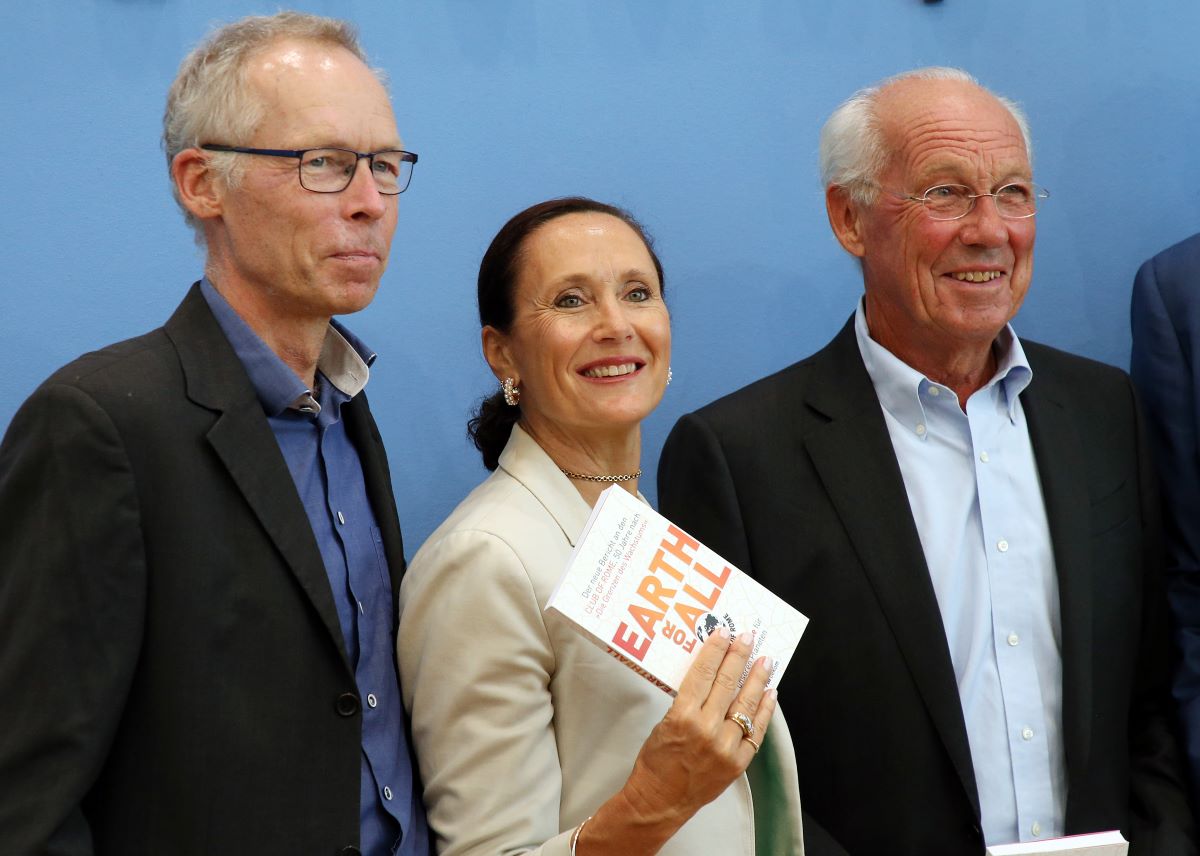
 Please whitelist us to continue reading.
Please whitelist us to continue reading.
Member comments